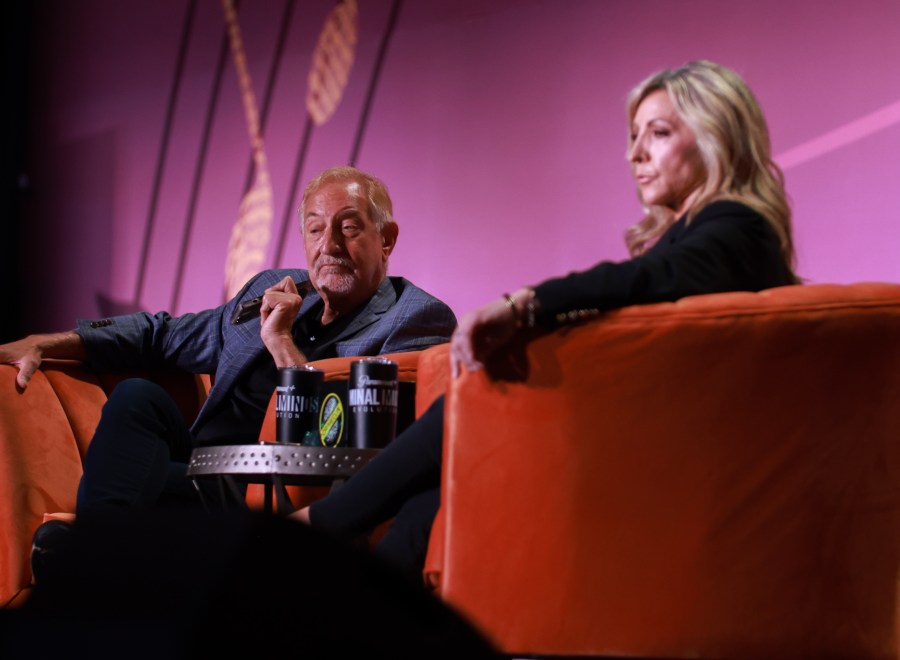Lyle Menendez talks to CrimeCon about prison life, appeal bid
- Menendez phoned into a NewsNation CrimeCon event Sunday
- He shared how he’s been a ‘productive person’ behind bars
- New evidence could back up the brothers' claim of longtime parental abuse
(NewsNation) — As he awaits a ruling that may lead to his freedom, Lyle Menendez says he’s made the best life possible behind prison walls.
“I just decided, even though I’m incarcerated, and there isn’t hope of freedom, I still have a chance to be a productive person,” Menendez said in a collect phone call from prison to a live audience at CrimeCon on Sunday in Nashville, Tennessee.
Menendez told the conference that, in recent years, he’s overseen the redesign of the prison yard, talked to Rosie O’Donnell about establishing a foundation to help childhood sexual abuse survivors and will mark a special day on June 20.
“That’s when I get my bachelor’s degree in sociology,” he said. “It’s the first time that a university of California has partnered with corrections to have a very small graduating class. I managed to earn my way into it. So, about 23 incarcerated guys will be graduating on June 20.”

Lyle Menendez and his brother, Erik, have been serving life without parole in a California prison for the 1989 killings of their parents Jose and Kitty Menendez. At two trials, the brothers admitted the crime but said it was a reaction to a lifetime of physical, emotional and sexual abuse by their parents.
The brothers were tried separately, and both trials ended in hung juries. The second time the brothers were tried together, and that resulted in convictions for first-degree murder and sentences of life without parole.
Menendez made a collect call from prison in San Diego to the CrimeCon panel featuring NewsNation’s Laura Ingle and the brothers’ attorney Mark Geragos. Geragos and Ingle were discussing a former client, Scott Peterson, when his phone began to ring.
For one year, the brothers have awaited a judge’s ruling on two new pieces of evidence Geragos says backs up the claim that their father, record executive Jose Menendez, was abusing Lyle. It’s still unclear when a judge will rule in the case.
Before this latest effort to overturn the brothers’ convictions, Menendez says he formed a group inside prison and got permission to redesign a prison yard.
The typical prison yard, he said, “was so harsh and oppressive, that it was sending (prisoners) a message that they were irredeemable.”
Menendez says they turned a prison yard “into an actual community space, installing grass, and trees, outside classroom areas, and walkways — not to make prison more fun … but to create a sense of community so that prisoners could learn to function. And they might be more open to changing their life.”
The Menendez case was, for some pop historians, the start of the true-crime phenomenon. After three decades and countless documentaries, books, movies and now blogs and podcasts, interest in the case remains high.
Lyle Menendez told the CrimeCon audience that he’s grateful.
“I would just express gratitude to so many an enormous number of people around the world and around the country who have written my brother and I,” he said. “We’re humbled by it. We appreciate it.”









